Home – Carbon Projects – SARA – South American Regenerative Agriculture Programme
SARA – South American Regenerative Agriculture Programme
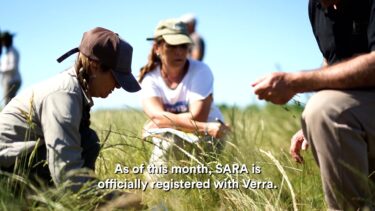
Home – Carbon Projects – SARA – South American Regenerative Agriculture Programme

Anthesis Group and Ruuts have developed SARA – the South American Regenerative Agriculture Programme, empowering farmers across Argentina, Paraguay, and Chile to transition to regenerative grazing systems that restore soils, enhance biodiversity, and sequester carbon.
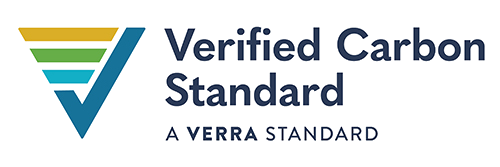
Location: Argentina, Paraguay, and Chile
Project Type: Regenerative Agriculture
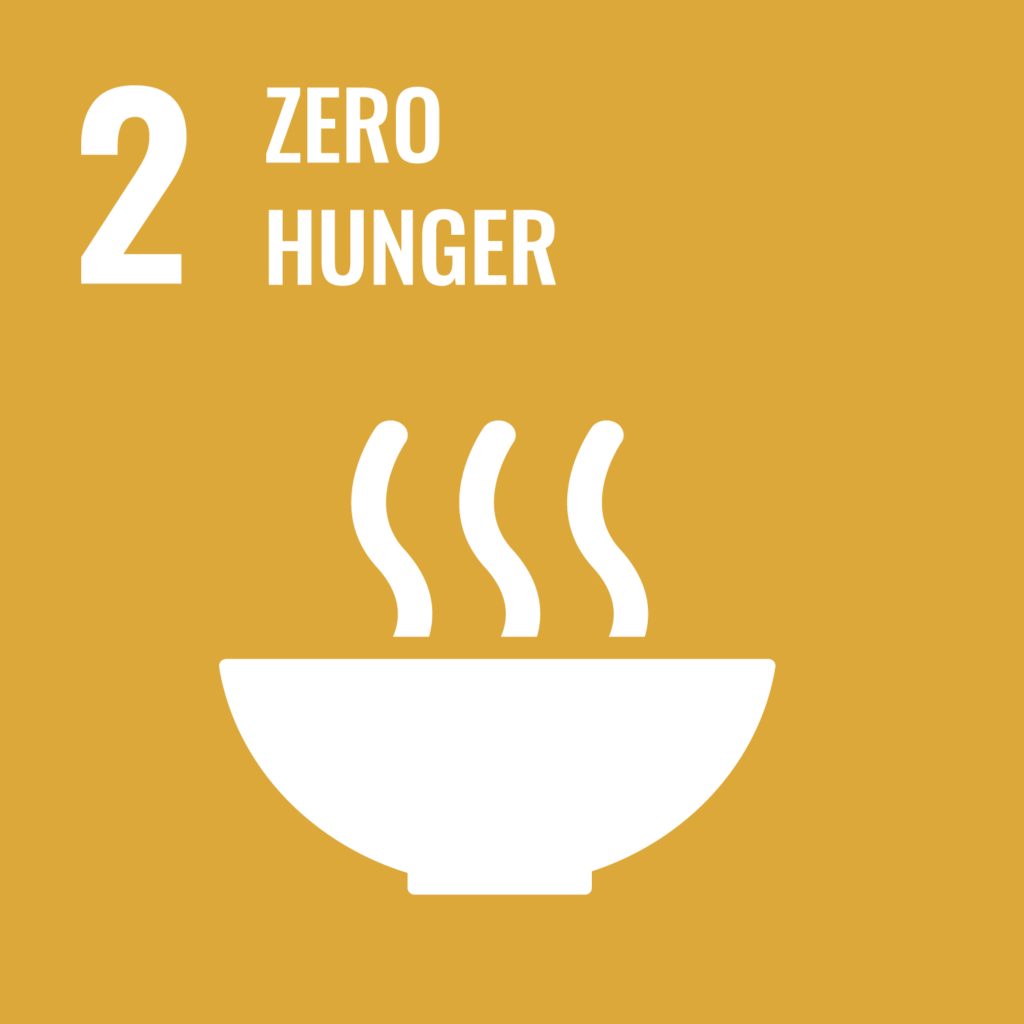

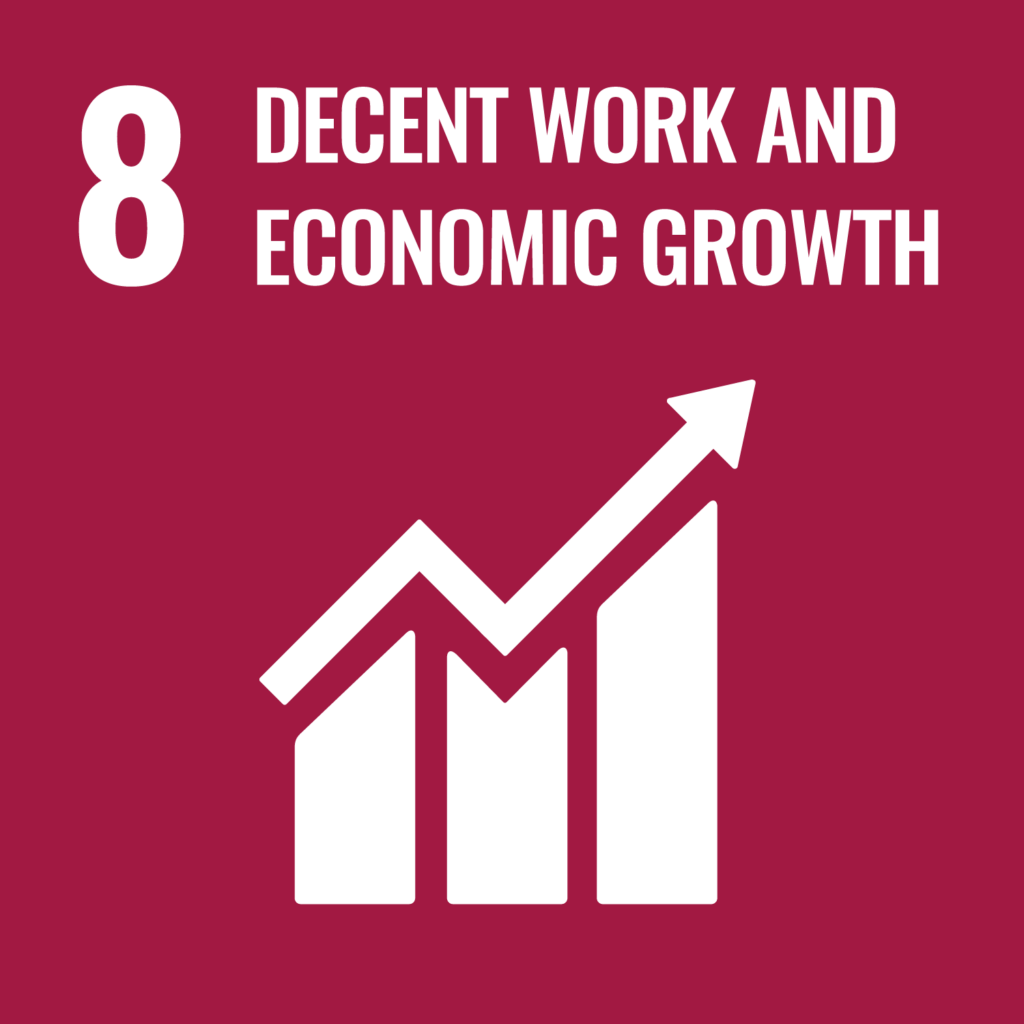
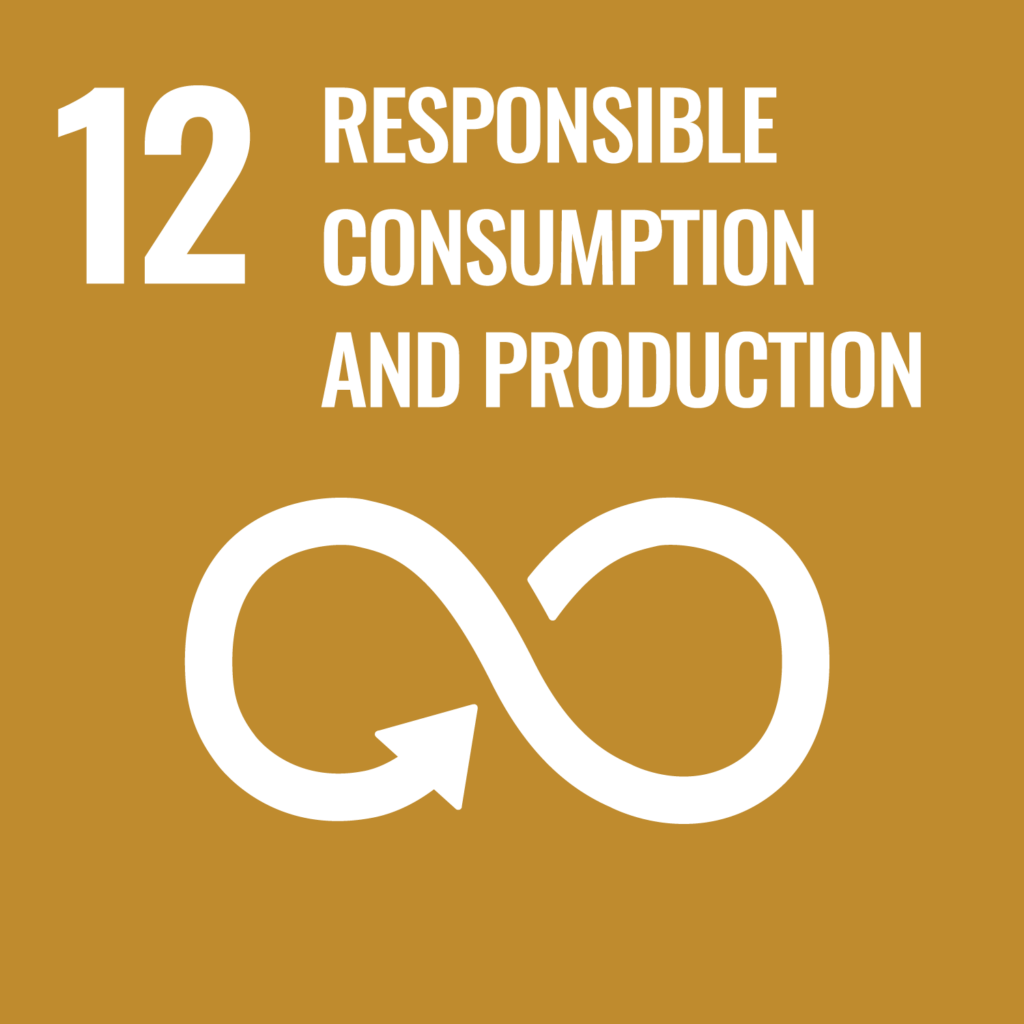
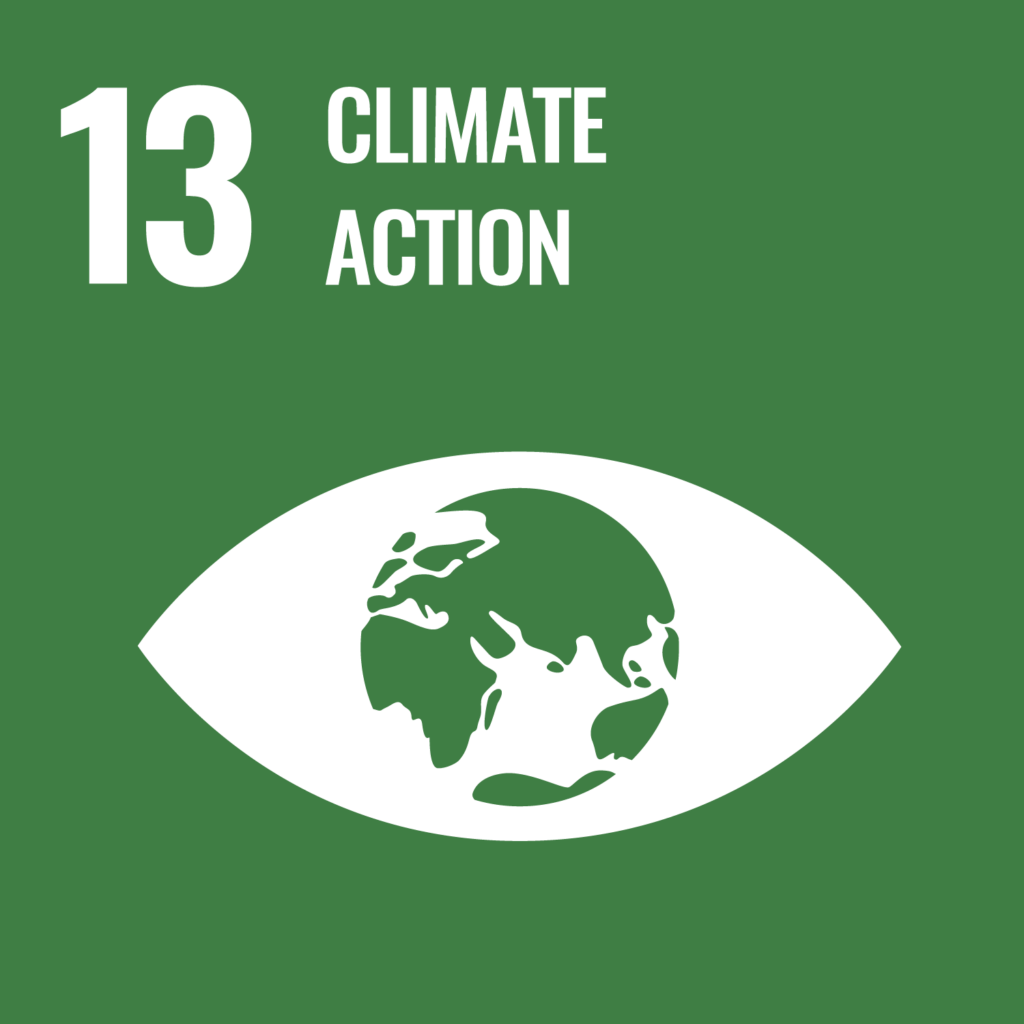
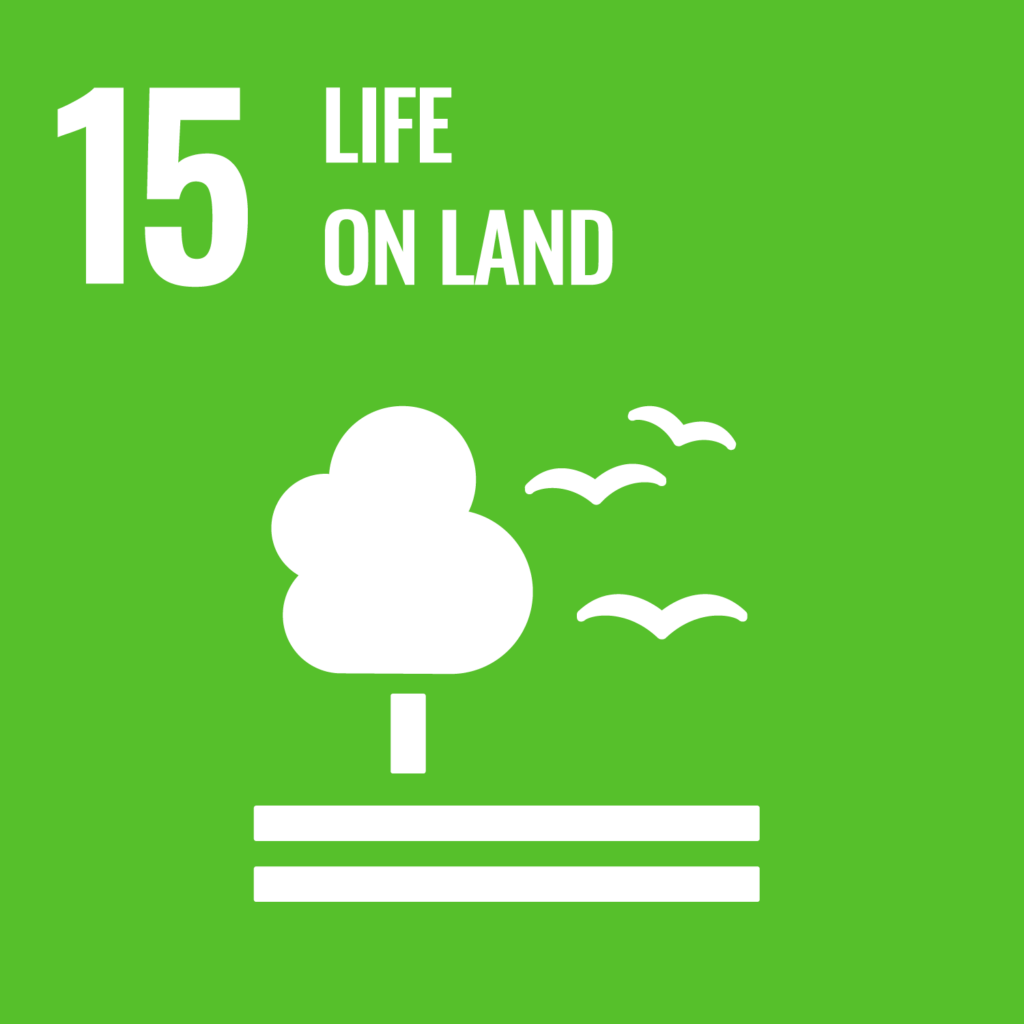
SARA contributes to multiple UN Sustainable Development Goals, delivering measurable environmental and social outcomes.
SARA is one of only eight programmes globally to achieve issuance under Verra’s VM0042 regenerative agriculture methodology. Anthesis Group and Ruuts are responsible for two of these programmes, underscoring their leadership in scaling high-integrity, nature-based carbon removals.
SARA is also the largest programme to be registered and issued under VM0042 in Argentina, Paraguay and Chile.
The programme currently supports more than 130 farms managing approximately 150,000 hectares of rangeland, with farmer participation and land area expected to grow significantly as the programme scales toward a target of 500,000 hectares. These restored landscapes make a measurable, nature-positive contribution to global carbon removal efforts, while strengthening the long-term productivity and resilience of farming systems.
The first monitoring period (2019 – 2023) has now been verified, resulting in the issuance of over 200,000 carbon removal credits, equivalent to more than 200,000 tonnes of CO₂e removed from the atmosphere. Annual issuance volumes are expected to increase year-on-year, with over one million tonnes of CO₂e removals forecast annually from 2028 onwards, subject to continued verification and programme expansion.
Across South America, continuous grazing and unsustainable land management have led to extensive soil degradation, reduced productivity, and biodiversity loss.
SARA addresses these challenges by introducing regenerative grazing practices inspired by the philosophies of Allan Savory, where livestock are moved strategically to allow grasslands to rest and regenerate. The result is enhanced soil carbon storage, water retention, biodiversity, and farm productivity, creating long-term ecological and economic benefits for farmers.
Through the SARA programme, participating farmers receive training from the Ovis 21 Regeneration School, alongside local technical support and on-the-ground monitoring.
Implementation and verification are supported by a decentralised network of accredited Field Professionals (Ovis 21 Nodes) who ensure quality and consistency across participating farms.
A five-year on-farm monitoring cycle is carried out using the GRASS Standard, incorporating both field data and digital tools for transparency and scientific rigour:
Anthesis Group partners with organisations worldwide to drive sustainable performance through impact-led, science-based solutions.
With deep expertise in carbon programme development in agriculture, Anthesis has helped shape global carbon markets and methodologies for regenerative farming.
Anthesis also developed AgriCarbon in South Africa – Africa’s first Verra-certified regenerative agriculture programme, and the second globally to be certified under VM0042. Experience from AgriCarbon has informed SARA’s design, particularly in farmer contracting, data collection, and verification systems.
All Anthesis-supported carbon removal projects undergo independent verification to confirm permanent carbon storage and measurable environmental benefits. Projects must demonstrate alignment with UN SDGs 12, 13, and 15, promote soil and ecosystem health, and deliver robust climate and nature outcomes.
Through rigorous auditing, monitoring, and adherence to international standards, Anthesis ensures all projects provide credible, lasting impact for both climate and local communities.
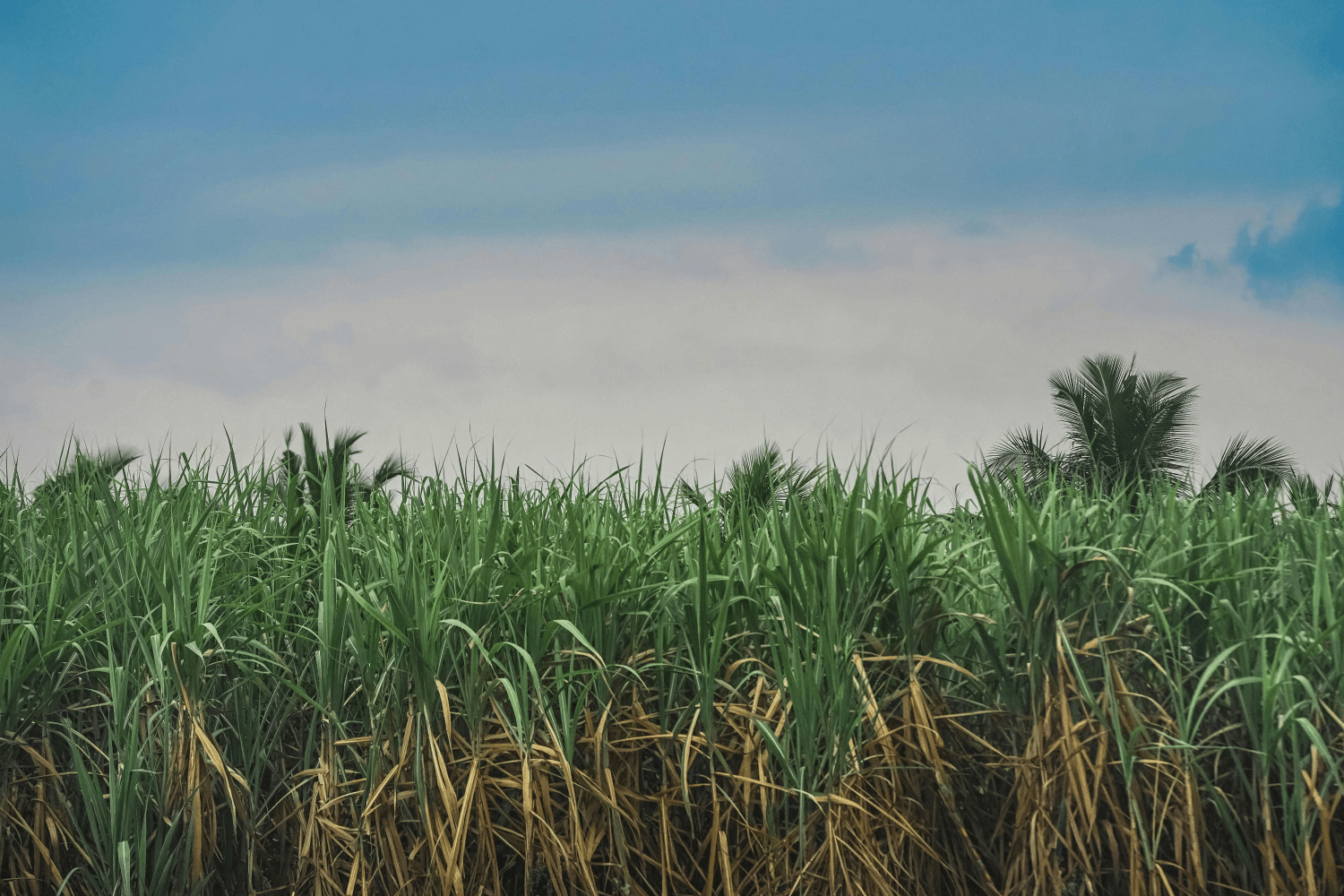
Discover our Carbon Project Development Expertise and explore our Existing Carbon Projects.